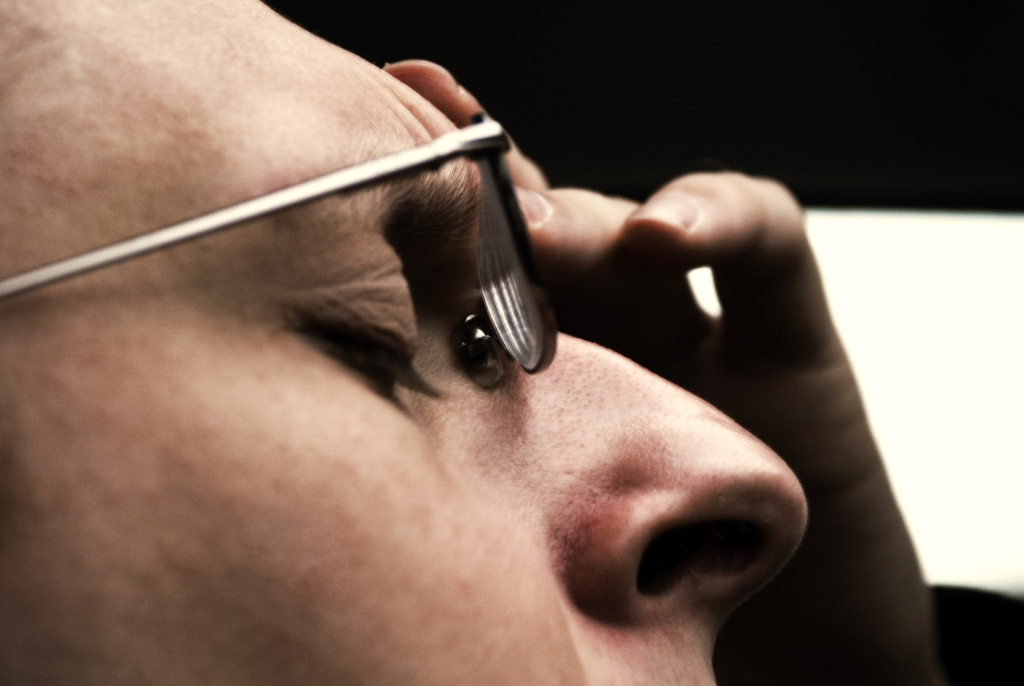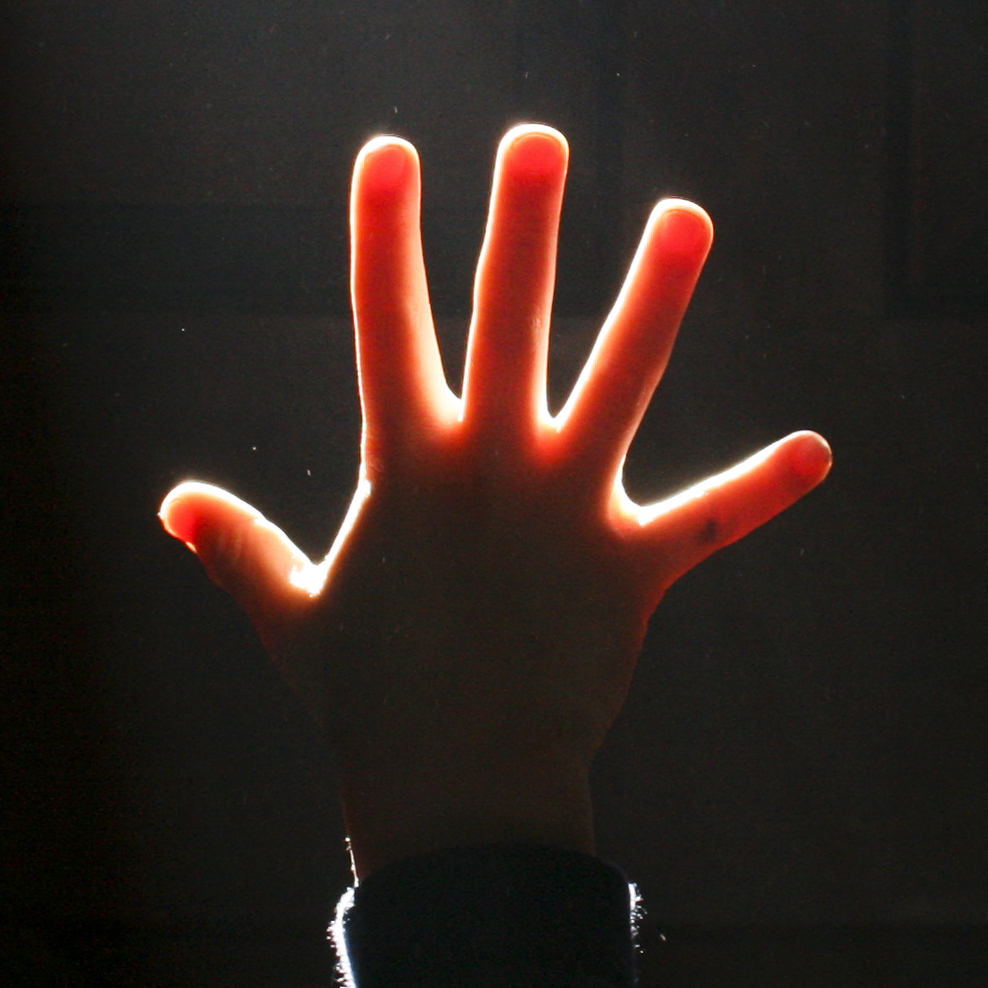Having a conversation with your tween about drugs is not an easy task. In fact, it may be intimidating. But you need to do it! Why? Because more than one talk is needed. Plus, you shouldn’t wait until it is absolutely necessary. Here, we educate you with a basic set of principles as you consider talking to your tween about drug use. Then, we invite your questions and comments about tweens and drugs at the end.
Earlier is better
Children aged 8-12 need to be introduced to open about topics around substance abuse, especially since they are very likely to know peers who use drugs or alcohol. Plus, the risk of use increases as our kids start to age. In fact, according to the Partnership for a Drug-Free America, during the transition to middle school the risk of drug use in children increases significantly.
8 tips for talking to your tween
Researchers and experts in drug abuse prevention and rehabilitation offer helpful tips for parents to help tweens avoid drugs. Here are some tips:
1. Start talking to children from a young age.
In fact, studies show that parents should talk to their children long before high school, and before they have the opportunity to experiment with drugs. Some have said that conversations about drugs should be started when children are at the age of 8 or 10, to give parents the upper hand and be ahead of peers who spread misinformation.
2. Build strong family bonds and emotional support.
The root causes for drug abuse among tweens are coping with emotions and stress. Kids turn to drugs for many reasons, but among the most common are self-medication and self-soothing. Building strong emotional support and good family ties with young children can prevent drug use problems in adolescence. Studies show that having regular family dinners can lower the risk for drug abuse in tweens.
3. Set clear and consistent boundaries.
Parents, you should always be clear about what the rules are, and also be clear about the consequences if your rules are broken. If you have a shared custody and your children live in two different homes, both parents need to be on the same page when it comes to experimenting with drug and other substances. Moreover, both parents need to make the same rules and consequences official, and be dedicated to educating and raising the children.
4. Act as a role model.
Communication and setting boundaries is important, but it’s not the only role parents can play. Children will learn more by following the example and parents need to act as role models. If a parent is prescribed medications, s/he should only take it as prescribed and discard any leftovers. If one parent is a drug user, the other one is responsible for protecting and educating the children.
5. Talk calmly and openly.
Try not to talk in an interrogative tone of voice, don’t yell and don’t be ashamed to be open with your tween. Experts say the drug use conversations are more effective if the problem is approached as a health issue. Strong language is not going to discourage or frighten tweens and thus prevent drug use, it has been attempted before and it doesn’t really work. Instead, be ready to talk about your family’s history of mental illness or addiction problems, point out the real risks of developing a drug abuse problem and try to explain it in a neutral way.
6. Don’t ignore the smoke.
“Where there is smoke, there is fire.” Ever heard of this? Addiction experts advise parents not to wait and to act fast. If you or someone else catches your tween with drugs or if you are suspicious you shouldn’t wait to act. Get to know his friends by allowing them to spend time in your home, have your tween call you for check-ins, and always call other parents to verify they will be home during parties. Don’t be afraid to talk to your tween, or if necessary to conduct a drug test.
7. Be a phone call away.
More importantly, make sure your tween knows that you’ll always be there and that s/he can call you for help no matter what happens. If your tween is in a bad situation, if s/he used substances and needs to drive home, if someone else is in trouble and s/he is also there…you should be the one they call. It may be difficult to control your temper, but make sure they make it out of a situation safe and alive, and later come up with an adequate punishment.
8. Turn to professional help if needed.
The hardest thing for a parent may be discovering your young child is using prescription drugs or illegal drugs. Keep your head together, think rationally, don’t drop shame your child or blame them for destroying their life. You are there to pick up the pieces and you don’t have to do it alone. There are counselors, doctors, licensed psychologists, psychiatrists, treatment programs, rehab facilities, friends and family to help you and your tween during this time. Even during this period you need to talk to your tweens and offer your love, understanding and support while working on the problem.
Do you still have questions?
Please let us know in the comments section below. We’ll do our best to respond to you personally and promptly.











0 Comments